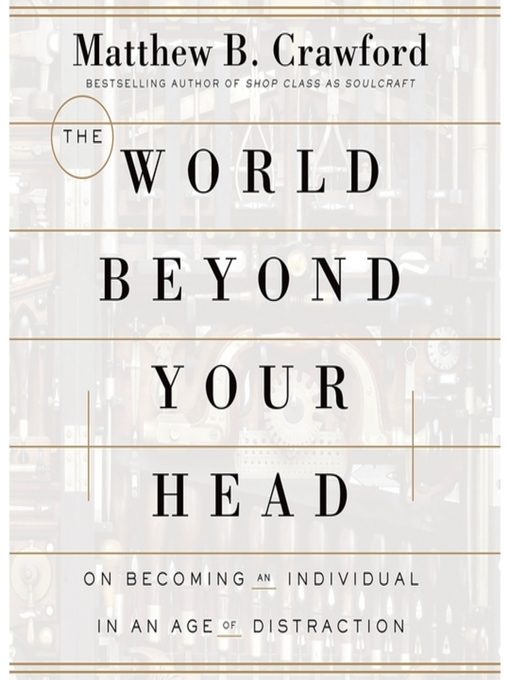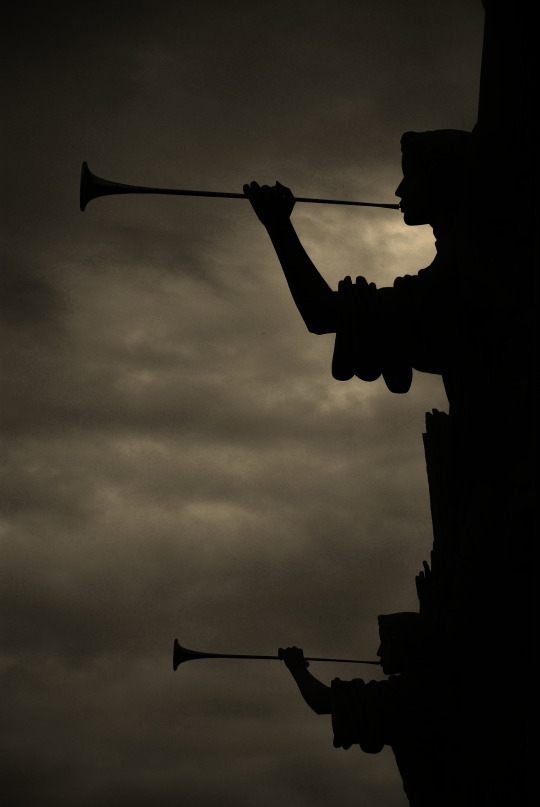The birds they sang
at the break of day
Start again
I heard them say
Don't dwell on what
has passed away
or what is yet to be.
Ah the wars they will
be fought again
The holy dove
She will be caught again
bought and sold
and bought again
the dove is never free.
Ring the bells that still can ring
Forget your perfect offering
There is a crack in everything
That's how the light gets in.
We asked for signs
the signs were sent:
the birth betrayed
the marriage spent
Yeah the widowhood
of every government --
signs for all to see.
I can't run no more
with that lawless crowd
while the killers in high places
say their prayers out loud.
But they've summoned, they've summoned up
a thundercloud
and they're going to hear from me.
Ring the bells that still can ring
Forget your perfect offering
There is a crack, a crack in everything
That's how the light gets in.
You can add up the parts
but you won't have the sum
You can strike up the march,
there is no drum
Every heart, every heart
to love will come
but like a refugee.
Ring the bells that still can ring
Forget your perfect offering
There is a crack, a crack in everything
That's how the light gets in.






:format(jpeg):mode_rgb():quality(90)/discogs-images/R-3829135-1346036541-3604.jpeg.jpg)














































































































































































